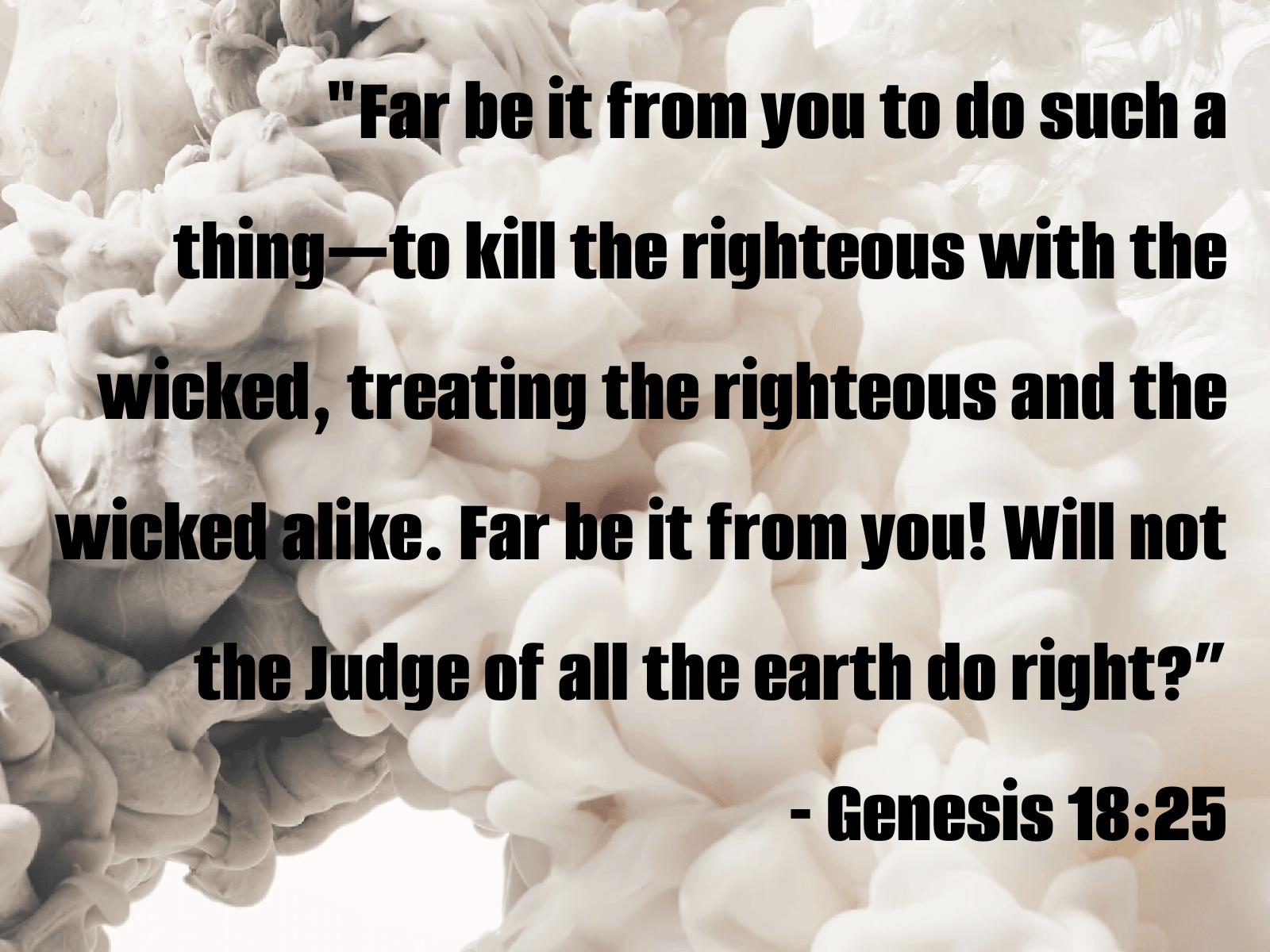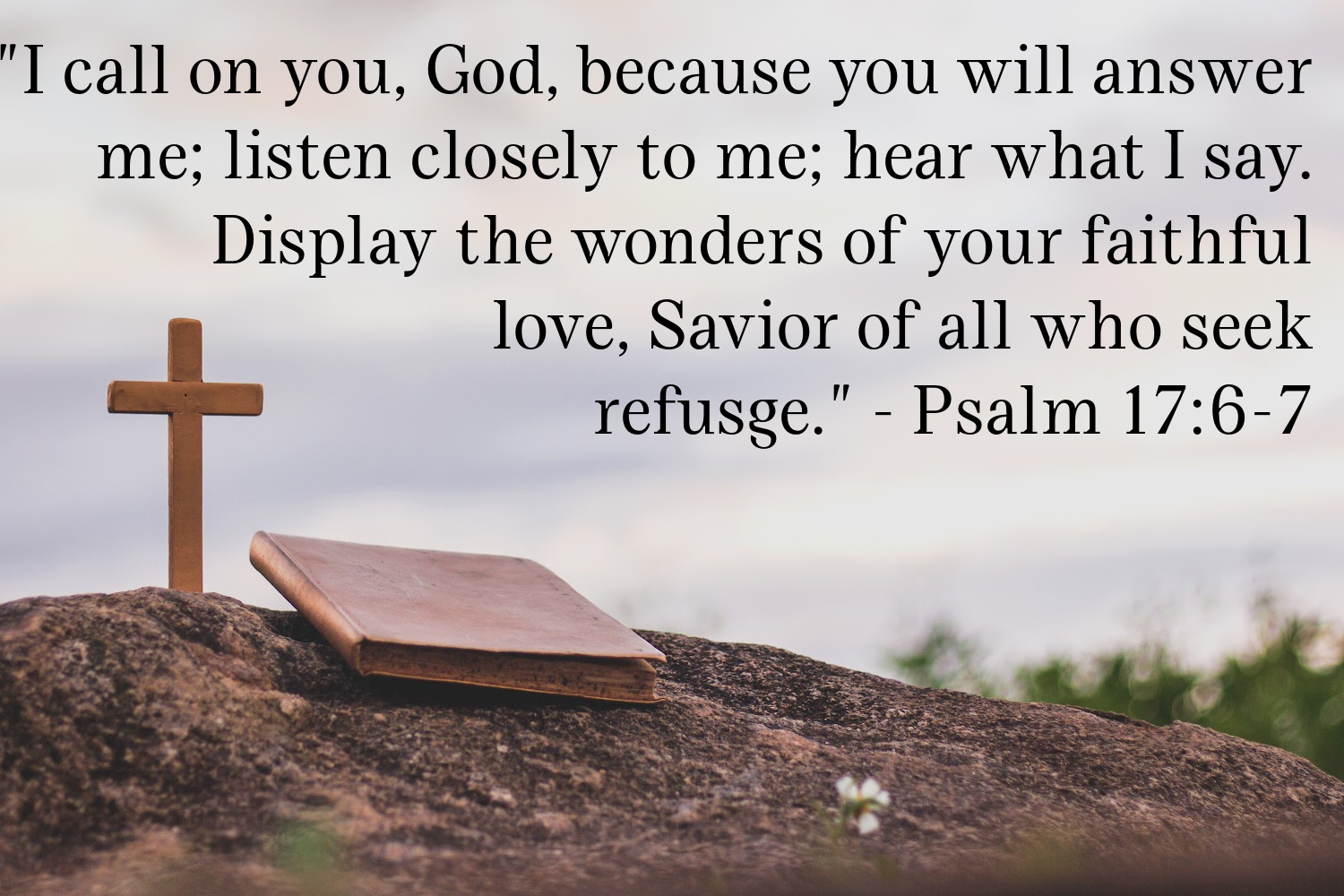The women’s Bible study I’ve been a part of for years is studying the book of Genesis this year. When this theme was announced at the start of the semester, there was a lack of enthusiasm within my small group: most of us grew up in church and have spent a great deal of time in Genesis, and we worried this study may be repetitive or boring. Boy were we wrong!
Each week of this study has been packed with fascinating historical information and fresh insights into stories we thought we knew. We’ve studied the parallels between Eve and Sarai; noted the symbolism in the story of Noah, with the ark alluding to the Garden of Eden and the flood seen as a reversal of the Creation story; and explored the intricacies of God’s covenant with Abraham. Within each passage, we’ve observed the thread of God’s faithfulness weaving together the grand love story of Scripture.
Many of the Genesis stories are familiar to the Sunday School graduates among us, but some parts of Genesis are less well known. The judgment of Sodom is one of those stories that wasn’t showcased in the flannel-graph presentations of our youth. The story is told in Genesis 18, where we see God disclosing to Abraham His plans to judge the wicked cities of Sodom and Gomorrah. The intense sin of these cities had provoked God’s concern and prompted Him to demolish the cities and their sinful occupants.

One might think that Abraham, a righteous man, would be relieved to hear of God’s impending judgment of these wicked cities that are home to the enemies of God’s people Israel. Instead, Abraham intercedes for Sodom, begging God to spare Sodom for the sake of any righteous people living there. Abraham begins by asking, “Will you sweep away the righteous with the wicked? What if there are fifty righteous people in the city? Will you really sweep it away and not spare the place for the sake of the fifty righteous people in it?” Through a series of more questions, Abraham continues to explore the boundaries of how many righteous people would be sufficient to cause God to set aside His judgment and spare these cities. Would God spare Sodom for forty righteous people? For thirty? For just ten?
On first reading it seems as though Abraham is attempting to bargain with God and challenging God’s goodness. But Abraham was not arguing with God; rather, he was affirming the principle of God’s justice while also maintaining trust in God’s mercy.
In our lesson, our teacher pointed out that this is the first recorded instance of intercessory prayer in the Bible. Abraham approached God for the benefit of others, and he boldly presented his request for their salvation. Abraham maintained great faith that God would preserve justice through the punishment of sin and the salvation of the righteous.
Abraham is humble and respectful in his interactions with the Lord, but he is also assertive, approaching God with a confidence that overflows from decades of intimacy with his Father. Abraham is able to approach God with confidence because this is a God he knows. And in his approach, Abraham leans into what he knows of God and His character: that He is a holy and just God, but also merciful, slow to anger, and abounding in love. God has revealed Himself to be trustworthy, and Abraham relies on God’s faithfulness in these moments of intercession.
The boldness of Abraham’s prayers had nothing to do with the one who was praying (Abraham) and everything to do with the One to Whom he was praying. It did not require great faith on Abraham’s part; all he needed was a little faith in a great God.
As I reflect upon my own prayer life, I recognize my lack of faith and a hesitancy to genuinely believe that all things are possible with God. I fail to present my requests to God because I fear He won’t answer, or He will answer but not as I want Him to. The story of Abraham’s bold prayer is a powerful reminder that the God I pray to is the same God who responded to Abraham, a God who is sovereign and just, who acknowledges my prayer and responds with compassion. I pray to a God who always has been and always will be faithful.

One final, beautiful takeaway from this passage is its foreshadowing of the Gospel. In Abraham’s requests, he implies that the righteousness of a few could mean the salvation of many: if just ONE could be found righteous in Sodom, all would be saved on his behalf. Sadly this was not to be Sodom’s fate, but it IS ours: because of Christ’s righteousness, WE have been saved. We are all sinners in need of rescuing through the righteousness imputed to us through Christ. Because of Jesus, we can confidently approach the throne of God in gratitude for our salvation and in prayer for the salvation of others. We pray in confidence and boldness to a trustworthy God who extends His infinite compassion upon us and displays the wonders of His faithful love upon all who seek His face.